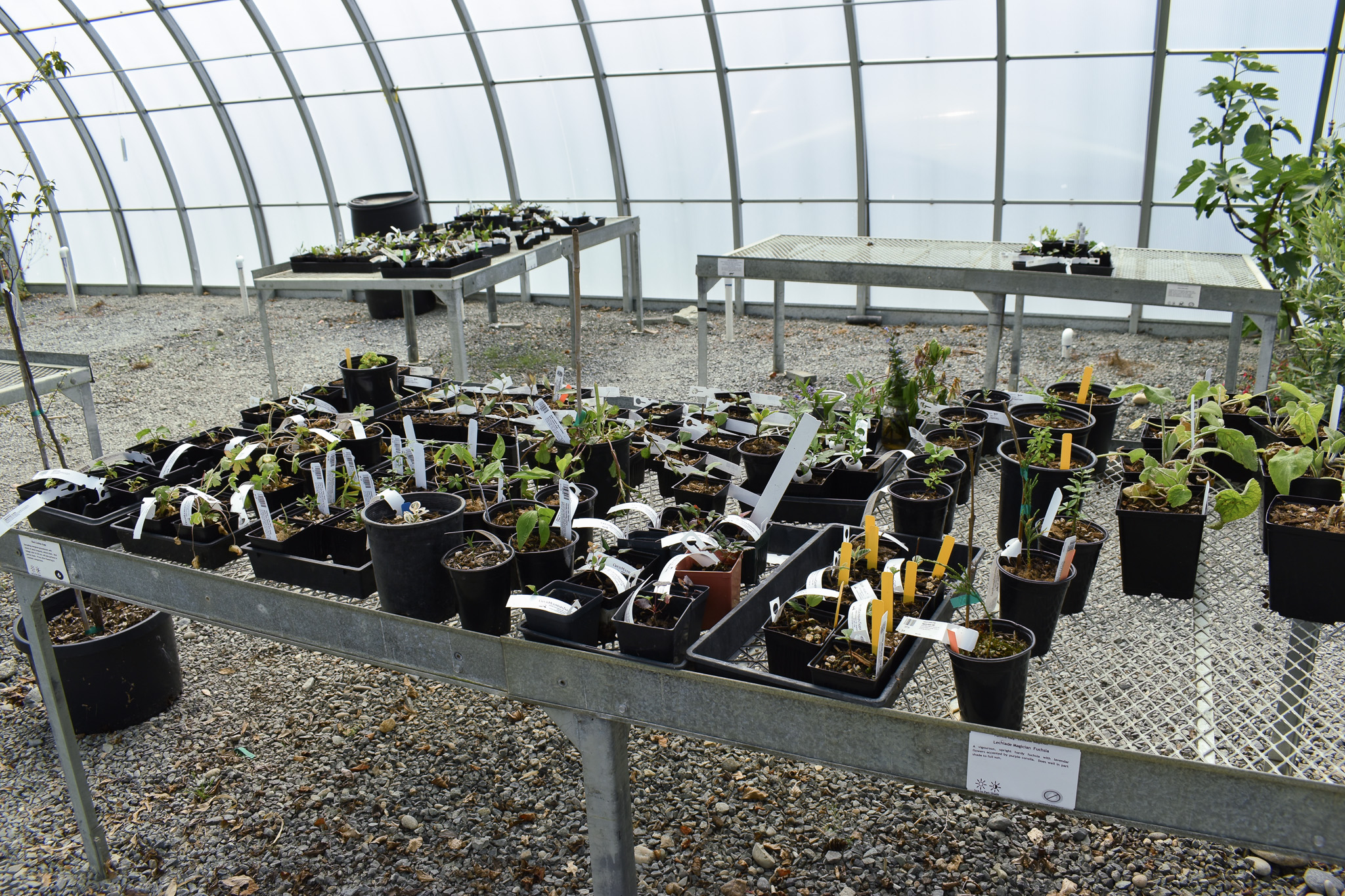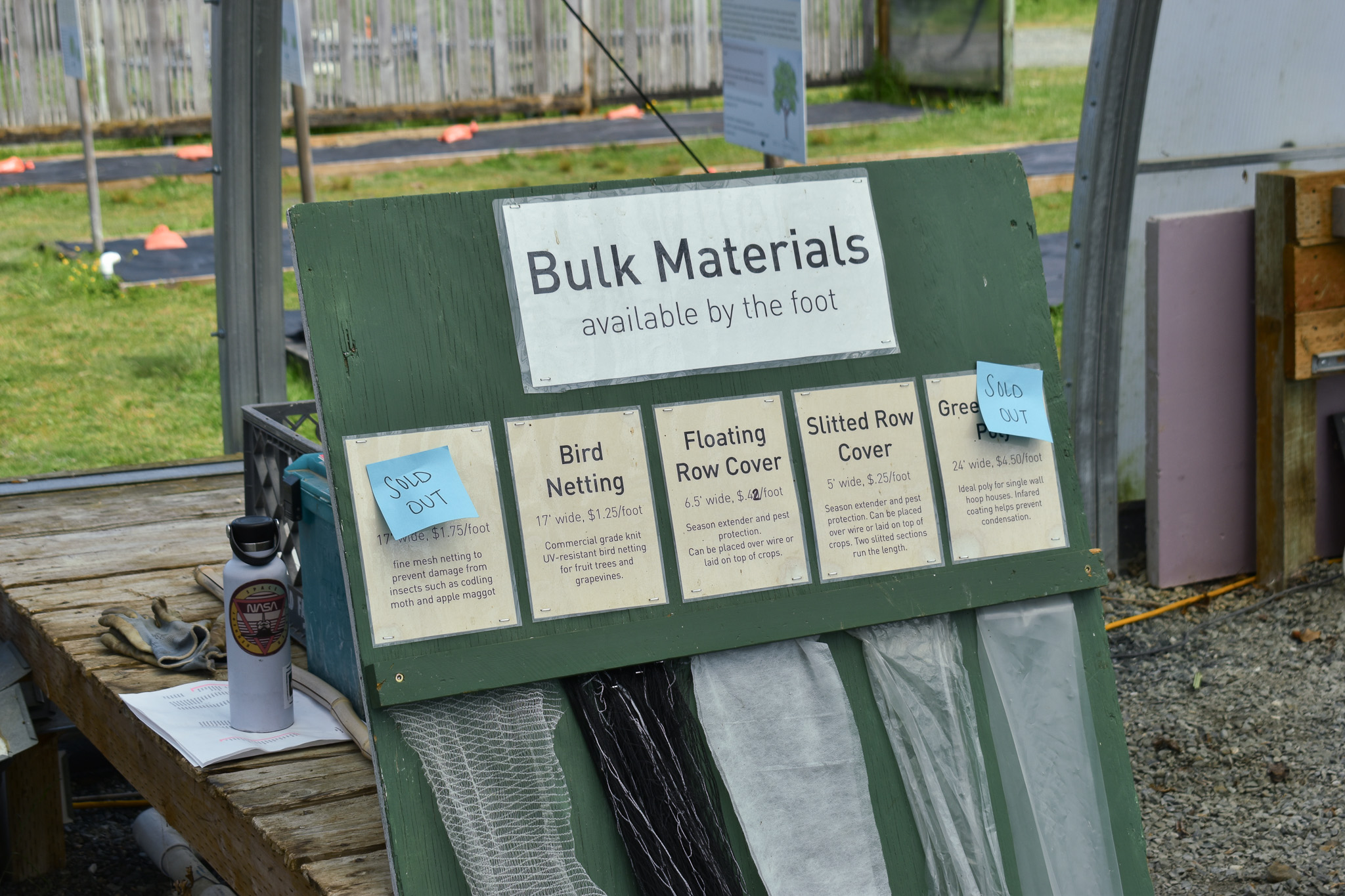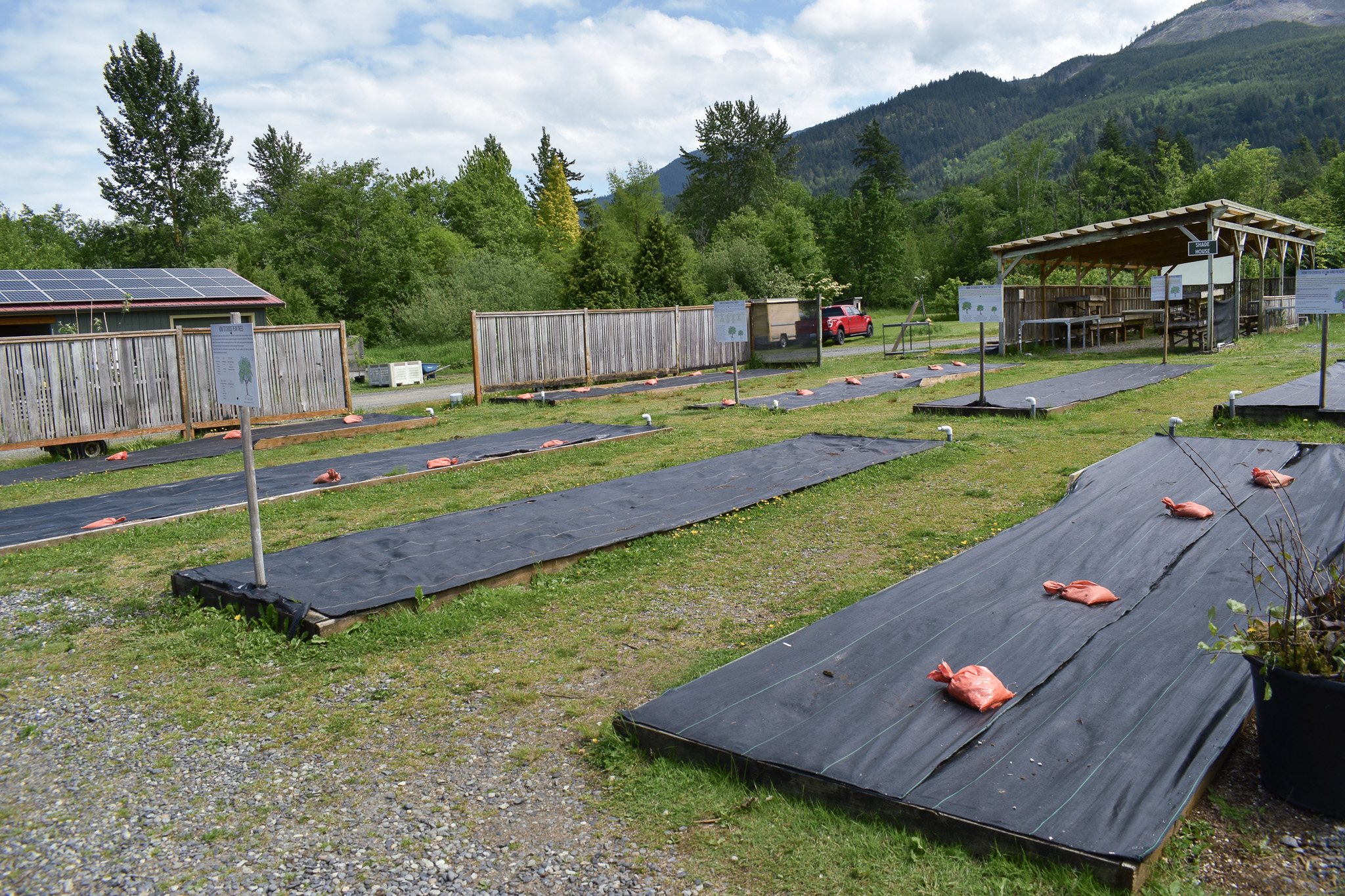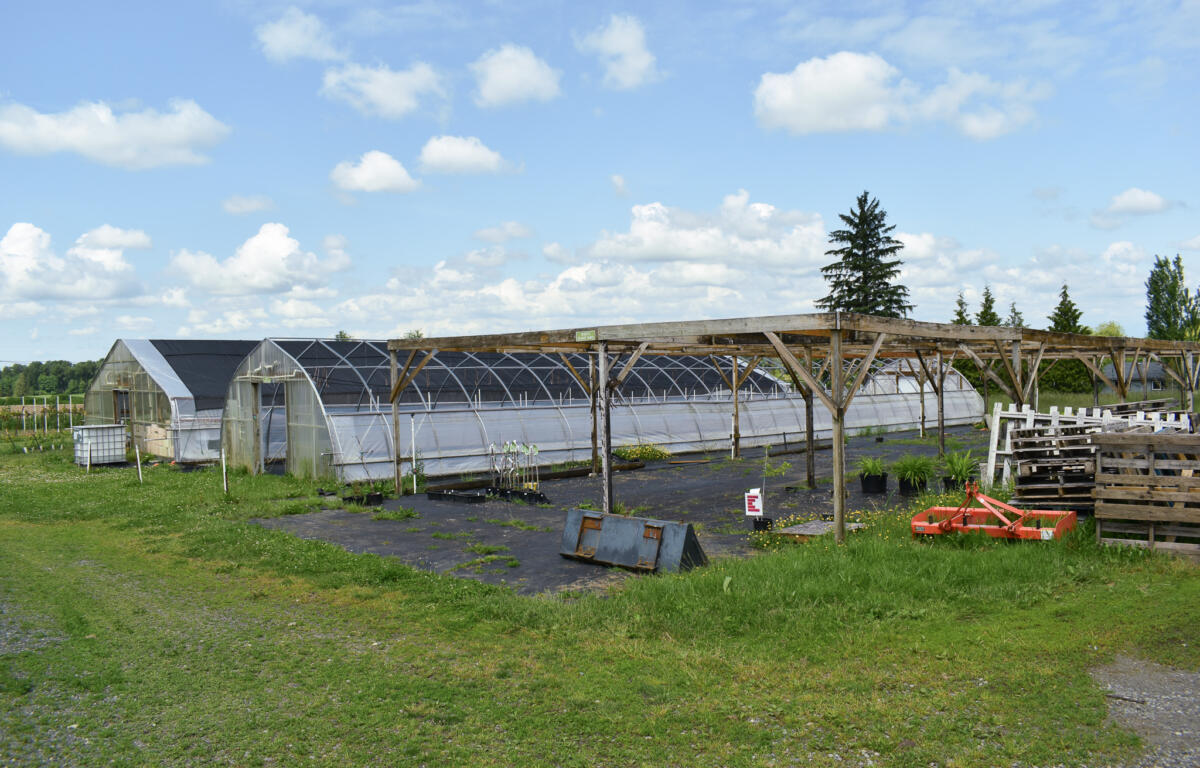BELLINGHAM, WA (MyBellinghamNow.com) – A community resource for rural Whatcom County has ceased operations in a sudden move that has rocked the farming community.
The demise of Cloud Mountain Farm Center was not as sudden as it would first appear. The center had regularly closed programs over the span of nearly six years, shortly after Sustainable Connections merged with the center and took over operations as former Orchard Manager Maia Binhammer explained.
“It was unfortunate that while I felt like there was a lot of excitement about the programming at Cloud Mountain, it didn’t take very long for some of those programs to be shuttered pretty quickly because of a lack of funding, but also a lack of creativity in how to continue on that programming,” Binhammer said.

Cloud Mountain was first started in the late 1970s by couple Cheryl and Tom Thornton as a way to grow organic tree fruits in Whatcom County.
“We felt that we did not know a lot necessarily about growing so [we] started asking people, started looking to experts, looking to see what varieties of fruit grew best in western Washington. And that started our kind of journey on varietal trials, on looking at how do things grow,” Cheryl Thornton said.
The farm eventually became a community resource for those looking to learn more about growing fruit west of the north Cascades. Its internship program and numerous workshops allowed people to learn tools such as grafting, incubation and general care for fruit farming. In time, it was made into a nonprofit farm center.
Bellingham-based nonprofit Sustainable Connections merged with Cloud Mountain in early 2019, nearly a decade after the farm became a nonprofit educational facility.
“[Cloud Mountain’s] board decided that it was time to potentially look at what other nonprofits were doing. Similar work, not exactly the same work, and seeing how we could combine resources together to be even more effective,” Thornton said.
Former nursery manager Hilary Graham was originally an intern with the farm long before the merger. She said that when the internship program was removed, the labor force of the farm was decimated as a result and the farm could no longer produce fruit and vegetables as previously possible.
The Thorntons stepped away from farm operations in the ensuing years. They still reside on the property at the base of Sumas Mountain in Everson.
“We were looking also at what kind of succession plan we would have from being there for a while and wanted to just move on in our lives,” Thornton added.

A sentiment repeatedly voiced is one of betrayal and miscommunication to the farming community.
“What went wrong was the merger. [Sustainable Connections] provided a lack of administrative support [to the farm],” Graham said. “SC never showed up.”
Cathy Lehman, former board member at Sustainable Connections, said that Cloud Mountain Farm Center was a missed opportunity, and that sentiment is felt broadly.
“It’s no secret it’s been a challenge,” Lehman said.
When she joined the board in 2024, Lehman said that there was not a lot of good answers to her question of why Sustainable Connections was managing a farm in the first place.
“I think the focus was stabilizing the financial footing of the farm,” she said. Most of the funding that went into maintaining Cloud Mountain came from the outside according to Binhammer in the forms of grants and community money.
“It was also known by Sustainable Connections and management administration there that [the] funding was not forever, and that funding had a particular timeline,” Binhammer said. “I think the unfortunate part was that there just wasn’t enough effort and creativity and thought put into longer-term financial planning for the farm earlier. Unfortunately, things ended up being more reactionary rather than planning ahead for what was to come.”
Sustainable Connections board president Bruce Tabb said that there was no clear path for the farm center once the funding was removed.
In a regular board meeting on Tuesday, May 27, Sustainable Connections agreed that they will look for community members to hold the land in a trust and steward Cloud Mountain’s property. If that fails, Sustainable Connections will divest from the property and give the money back to Whatcom County’s community funds.
Tabb hopes that the property will continue to be a part of Whatcom County’s agriculture community for years to come.
“[We agreed that] it was not a good fit for [Sustainable Connections],” he said.
Lehman added that there was nothing malicious behind closing Cloud Mountain.

“There are not that many small local nurseries that are really focused on fruit production here, west of the Cascades, and we’re in a particular climate out here west of the Cascades that’s very different than the climate east of the Cascades, where most of nursery production, as well as food production for perennial fruit, happens,” Binhammer said.
Graham added that she is worried about what will happen to the Cloud Mountain website. She said that the website provided good information on growing fruit in Whatcom County, and Cloud Mountain offered not just that resource to the community.
“You could call the farm, and someone would pick up and walk you through the steps for care [of the plants],” Graham said.
When asked about what she heard from community members following the announcement of the closure, Graham said that there was a lot of people rushing to buy materials at the farm center.
“People are just really bummed,” she said.
Lehman thinks that Sustainable Connections is in the process of reinvention, a lifecycle of sorts.
“I’m excited to see what will come of it,” she said.



